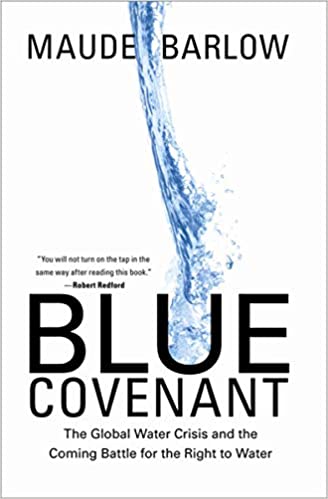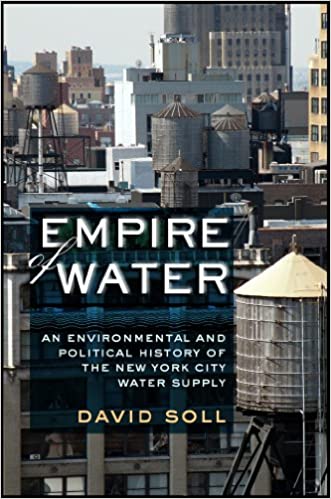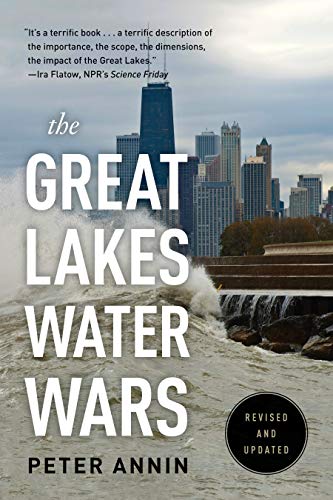
November 22, 2012Cuomo's Gift to the Gas IndustryNew York's Water Withdrawal Regulations IssuedGovernor Cuomo announced a delay in issuing the state's proposed gas drilling regulations on Tuesday, but yesterday his Department of Environmental Conservation (DEC) went ahead and issued the state's new water withdrawal permitting regulations. The gas industry and other large water users in the state have a generous gift to be thankful for this Thanksgiving Day. Despite the widely noted inadequacies of the proposed regulations released a year ago on Nov. 23, 2011, the final regulations are virtually unchanged, as a comparison of the two documents shows. The regulations, prepared as amendments to 6 NYCRR Parts 601 and 621, are posted on the DEC website at http://www.dec.ny.gov/regulations/78258.html. So what are the problems? As noted in our post on the proposed regulations:
Many of these deficiencies will not apply in the Delaware and Susquehanna River Basins because withdrawals in those watersheds are subject to regulatory commissions whose water withdrawal regulations are more sufficient. It is the areas of the state outside the Delaware and Susquehanna River Basins that will suffer most severely from the deficiencies of the new regulations. This is ironic because the principal reason given for the enactment of New York's new water withdrawal laws in 2011 was the need to adopt regulations to properly protect the Great Lakes Basin, which includes our state's greatest freshwater resources. Earlier this year, groups throughout the Great Lakes Basin called on the DEC to strengthen the proposed regulations, saying "there are changes to be made before the proposed program can be considered protective and rigorous or to fully implement the Great Lakes – St. Lawrence River Basin Water Resources Compact (the Compact). Given the deficiencies in the draft regulations, we call on DEC to revise the proposals and issue a new draft for public comment once changes have been incorporated." See 30 Organizations Provide Comment to NYSDEC on Water Withdrawals. The DEC's failure to conduct a cumulative impact analysis of water usage in the state is a deficiency in the adoption of the regulations that will impact the entire state. The New York Attorney General and several environmental groups sued the Delaware River Basin Commission last year for its failure to do a cumulative impact analysis as required by the National Environmental Policy Act (NEPA) before proposing regulations to cover withdrawals for the consumptive use of gas drilling, and the Susquehanna River Basin Commission is being criticized for a similar failure. See NY AG Sues for Full Environmental Review of Gas Drilling in Delaware River Basin, Nonprofits Challenge DRBC Gas Drilling Regulations, and SRBC Adopts Rulemaking on Gas Drilling, Ignores Concerns. Therefore, it is troubling that the NYS DEC should go forward in issuing its water withdrawal regulations without a cumulative impact analysis. A Federal district judge in Brooklyn dismissed the AG's suit against DRBC in September 2012 on procedural grounds, saying there was no basis for the lawsuit since the regulations it sought to halt had not yet been finalized. The comprehensive revision and expansion of New York's water withdrawal regulations would appear to require a cumulative impact analysis under the New York State Environmental Quality Review Act (SEQRA). The August 2010 Final Report of the New York Great Lakes Basin Advisory Council, Conserving and Protecting Our Water Today for Use Tomorrow, states, “Prior to managing or regulating new and expanded uses as required by the [Great Lakes-St. Lawrence River Basin] Compact, New York State must establish a baseline of current existing withdrawals, diversions and consumptive uses.” At a minimum, one would have expected the DEC to wait to promulgate new water withdrawal regulations until it has completed its environmental impact review of high volume hydraulic fracturing, addressing the impacts of water usage for hydro-fracking in the state. Posted by Rachel Treichler at 11/22/12 8:05 AM
Copyright 2021, Rachel Treichler
|
|






